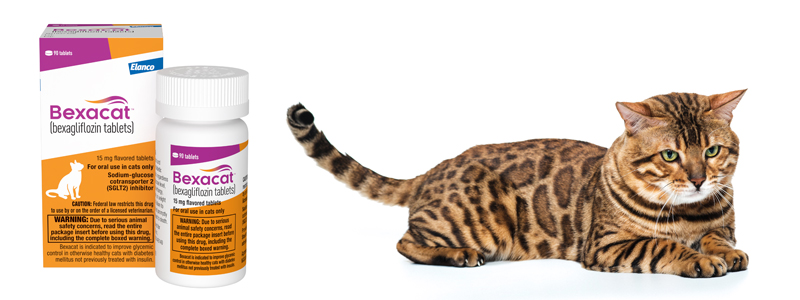BY: SAMANTHA BARTLETT, DVM
In November of 2022, the FDA granted conditional approval for the use of Panoquell-CA1 to manage sings associated with acute onset pancreatitis in dogs. Panoquell-CA1 (fuzapladib sodium) is an injection for use in hospitalized dogs to treat pancreatitis. Traditional treatment for dogs with pancreatitis includes hospitalization and supportive care including fluid therapy, antiemetics, management of pain and dietary restrictions. Conditional approval means that the sponsor must show progress toward or proof of effectiveness within the allotted time period for full approval. Fuzapladib sodium is approved in Japan for use in dogs with acute pancreatitis since 2018.
The pilot field study involved 36 client-owned dogs diagnosed with acute onset pancreatitis with at least two clinical signs and a high canine pancreas-specific lipase value. All dogs in the study received fluids, nutritional support, pain medications, and anti-emetics. The dogs in the treatment group received fuzapladib sodium once daily by intravenous injection for three days. Dogs in the control group received injections of lyophilized excipients in sterile water. The difference in group mean modified canine activity index (MCAI) scores, an evaluation of seven clinically relevant signs in dogs with pancreatitis, between days 0 and 3 was studied. The MCAI evaluated activity, appetite, vomiting, cranial abdominal pain, dehydration, stool consistency and blood in stool. The treatment group had a more improved mean MCAI score than the control group.
Adverse reactions included anorexia, digestive tract disorders, respiratory tract disorders, hepatopathy and jaundice.
A laboratory safety study was also conducted in young healthy beagles in which Panoquel-CA1 was administered at 0X, 1X, 3X and 5X the labeled dose once daily for 9 consecutive days. No systemic toxicity was produced and an acceptable margin of safety was determined.











